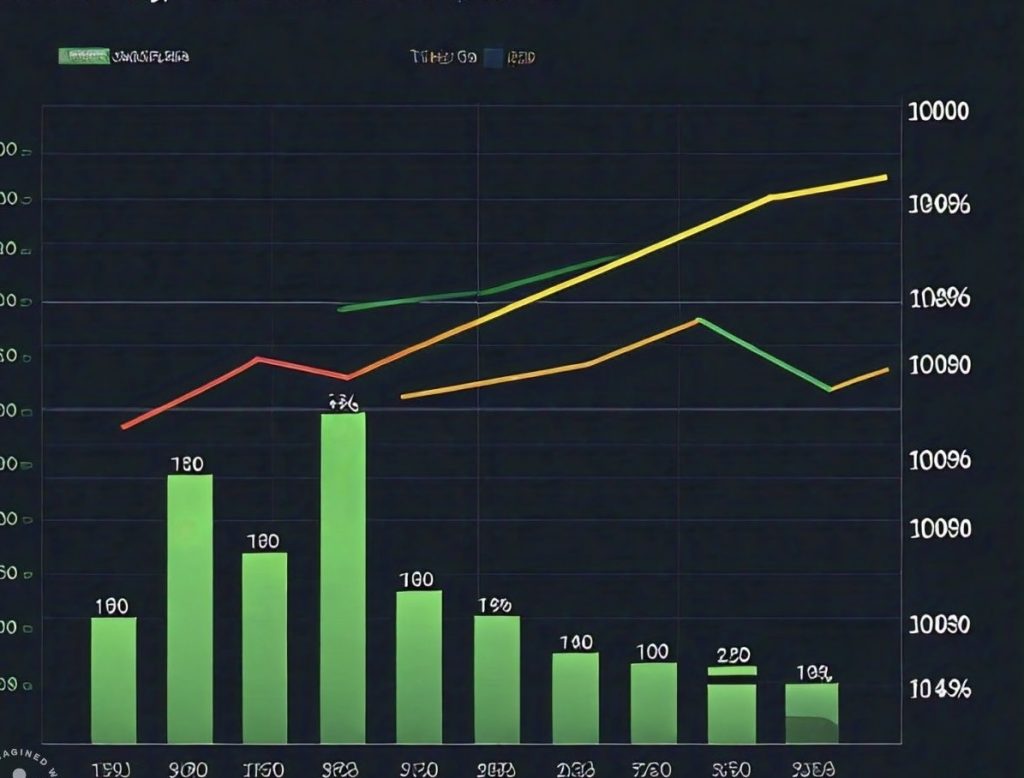The Central Bank of Nigeria’s (CBN) third consecutive benchmark interest rate increase has sent shockwaves through the economy, leaving borrowers grappling with the prospect of significantly higher interest payments. In a move aimed at curbing inflation and stabilizing the nation’s currency, the CBN boosted its monetary policy rate (MPR) by 150 basis points to 26.25% from 24.75% in March 2023. This development is expected to have far-reaching implications for borrowers, savers, and investors alike.
Commercial banks have swiftly responded to the CBN’s decision, reprising their assets to reflect the new interest rate landscape. Guaranty Trust Bank (GTCO), for instance, has announced a decision to increase the interest rates on its loan facilities. The move comes in response to prevailing money market conditions characterized by a general uptick in interest rates. The adjustment will affect customers with existing MaxPlus loan facilities, with the current interest rate of 27% being revised upwards to 28.5%. The new interest rate is set to take effect from June 5, 2024.
This development is poised to impact various segments of the economy, including individuals, small and medium-sized enterprises (SMEs), and large corporations. Borrowers who have taken out loans with variable interest rates will likely see an increase in their monthly repayments, as lenders pass on the higher costs to their customers. For instance, a borrower with a N5 million loan at an interest rate of 25% per annum will now pay an additional N62,500 in interest over the next 12 months, assuming the interest rate is revised upwards to 28.5%.
The CBN’s rate hike is intended to combat inflation, which has remained above the apex bank’s target range of 6-9% for several months. By increasing the cost of borrowing, the CBN aims to reduce consumption, curb demand for goods and services, and ultimately bring inflation under control. However, the move may also have unintended consequences, such as reduced consumer spending, lower economic growth, and increased defaults on loans.
As the economy adjusts to the new interest rate environment, stakeholders are urging caution and prudence. Financial experts advise borrowers to review their loan agreements, consider refinancing options, and prioritize debt repayment to avoid financial distress. Meanwhile, lenders are encouraged to maintain transparency in their dealings, provide clear communication to their customers, and offer supportive measures to mitigate the impact of the rate hike.

